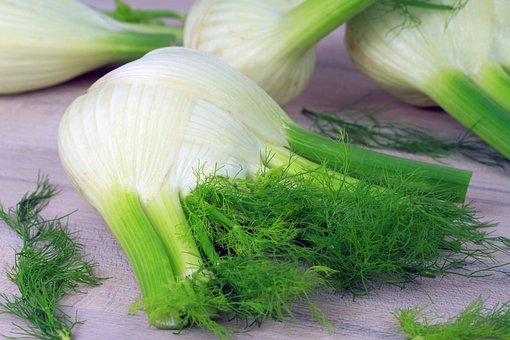

Growing Fennel from Seed
Growing fennel from seed in your backyard garden is a straightforward process. Fennel is a herb with a mild aniseed flavour that is grown for its bulb-like stalks, feathery foliage, and seeds.
Location: Fennel thrives in full sun but can tolerate some light shade. Choose a sunny spot in your garden that receives at least 6-8 hours of direct sunlight each day.
Soil: Fennel prefers well-drained, loamy soil that is rich in organic matter. Ensure good soil drainage to prevent waterlogged roots. The soil should have a pH level between 6.0 and 7.0.
Planting Seeds: You can start seeds indoors or sow them directly in your garden. If starting indoors, sow the seeds 6-8 weeks before the last expected frost. Plant seeds about 0.5cm deep and space rows around 30cm apart. Sprinkle the seeds in furrows and cover with soil. Once the fennel seedlings are around 5cm tall, thin them to a final spacing of 20-30cm apart. This allows the remaining plants to grow more robustly. Use the seedlings you pull out as microgreens in your salads or on sandwiches.
Watering: Keep the soil consistently moist, but avoid overwatering to prevent root rot. Fennel prefers regular, even moisture. Water the soil at the base of the plants to keep the foliage dry.
Fertilisation: Fennel doesn’t require heavy feeding. You can apply a balanced, all-purpose fertiliser once at the beginning of the growing season.
Support: Tall fennel plants may benefit from support like stakes or cages, especially if they are exposed to windy conditions.
Pruning and Deadheading: Pinch off any flowers that form on the fennel plants to encourage leafy growth. If your goal is to harvest fennel seeds, allow a few plants to flower and set seeds.
Harvesting: You can start harvesting fennel leaves when the plant is around 20-30cm tall. Snip the leaves with scissors or shears. If you want fennel bulbs, which are edible, they are typically ready for harvest in about 85-100 days. Carefully dig up the bulbs when they reach a desirable size, usually 7-10cm in diameter.
Pest and Disease Management: Fennel is relatively pest-resistant, but you should still monitor your plants for aphids, slugs, and caterpillars. Use appropriate organic controls if necessary.
Fennel is a versatile herb that can be used in a variety of culinary dishes, from salads and soups to roasts and more. By following these steps, you can enjoy fresh fennel from your backyard garden throughout the growing season.
